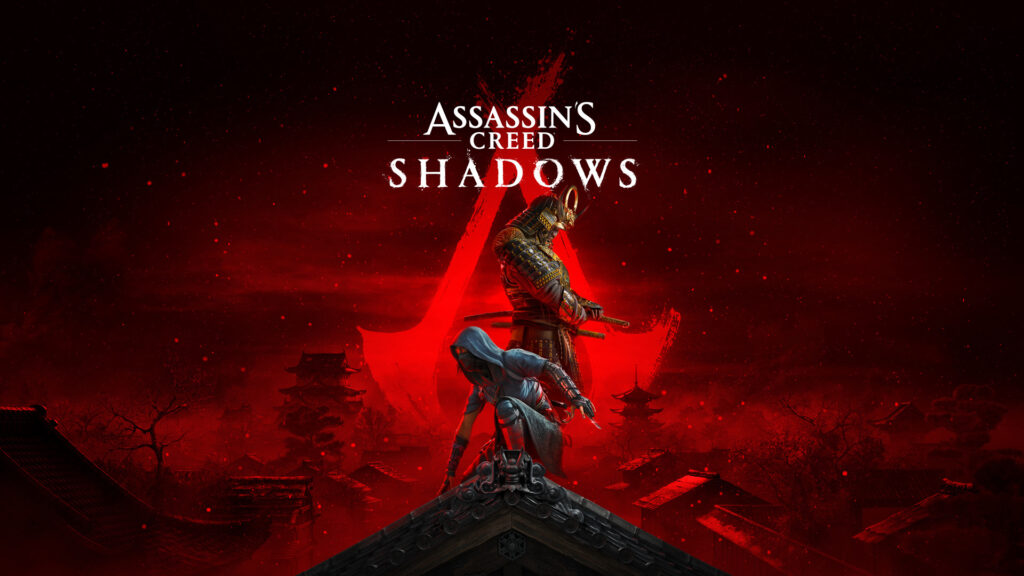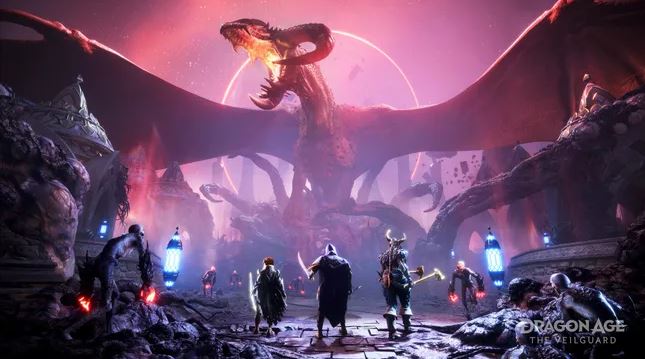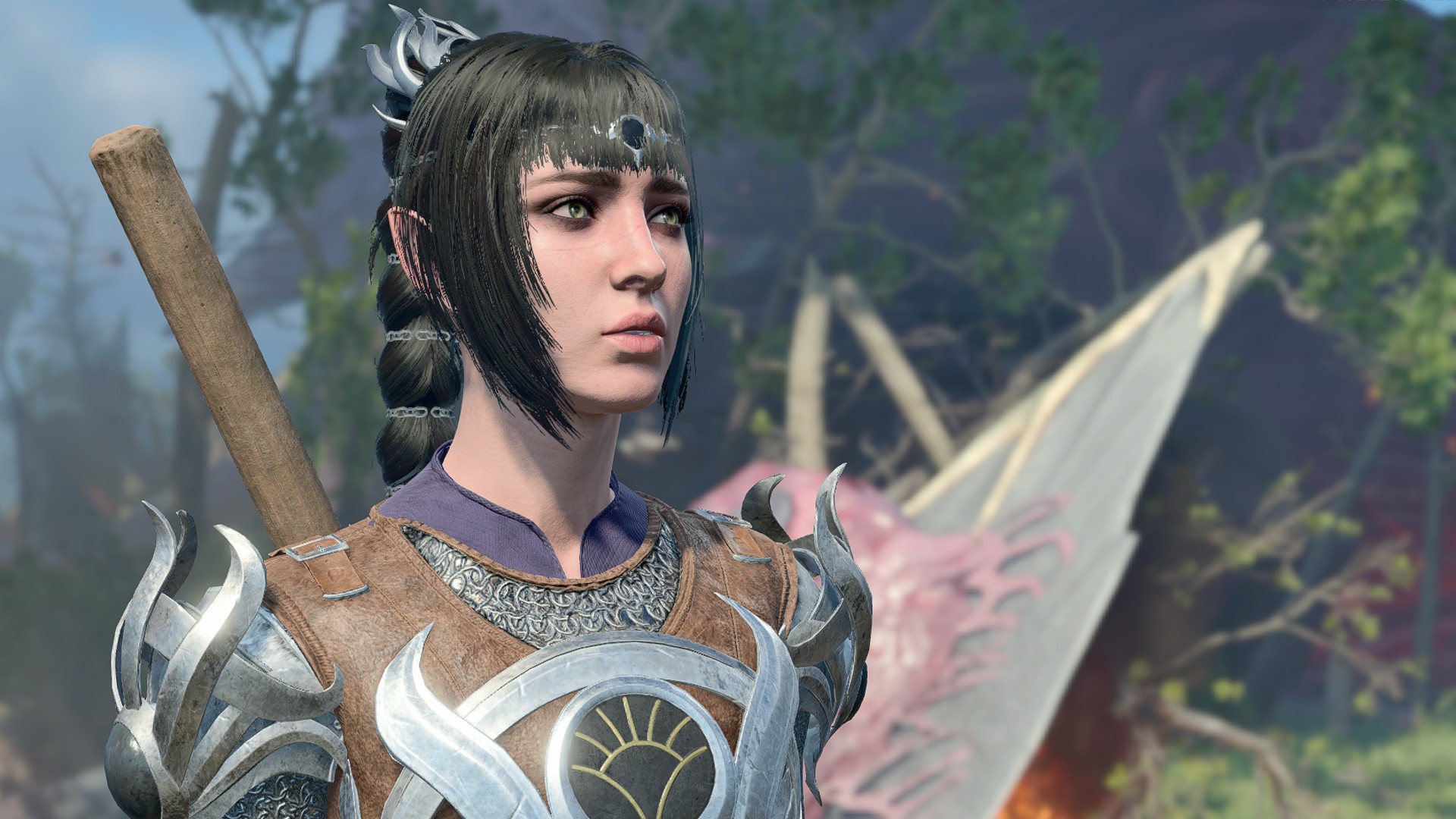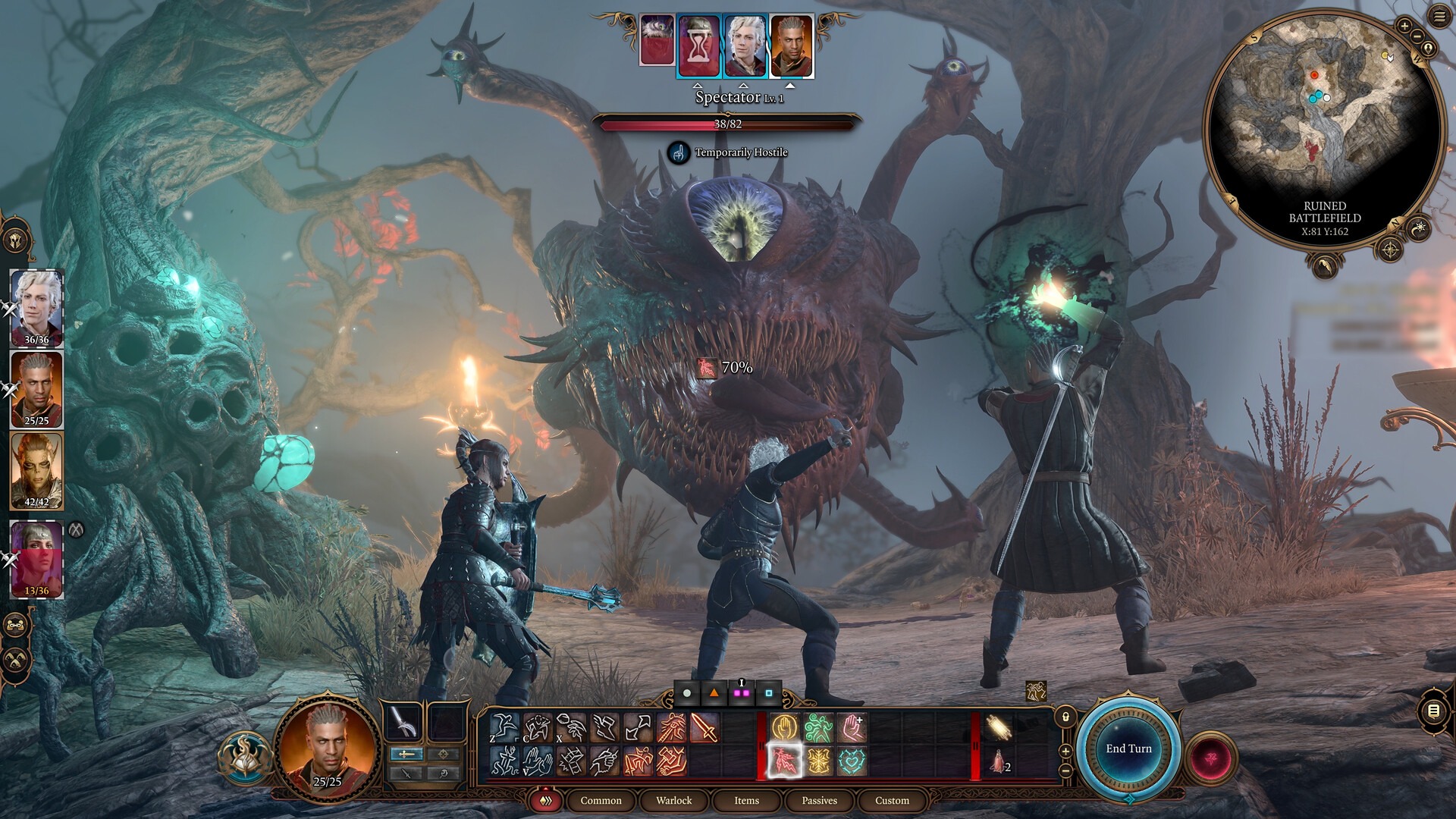The upcoming installment in the popular Assassin’s Creed franchise, Assassin’s Creed Shadows, is generating buzz not only for its innovative dual protagonist system, but also for the historical figure it thrusts into the spotlight – Yasuke, a legendary African warrior in 16th century Japan. While the game’s developers celebrate diversity and historical accuracy, the inclusion of Yasuke has sparked controversy online.
Assassin’s Creed Shadows breaks new ground by allowing players to control two distinct characters: one steeped in stealth and the other, a force of nature in open combat. This dual protagonist system offers players a chance to experience the thrill of the game from two unique perspectives.
One of these protagonists is Yasuke, a historical figure who holds a fascinating place in Japanese history. Yasuke, of African descent, rose through the ranks to become a samurai during the Sengoku period. This inclusion injects a fresh perspective into the Assassin’s Creed universe, highlighting a lesser-known historical figure while offering players the chance to experience a bygone era through Yasuke’s eyes.
However, Yasuke’s presence in the game hasn’t been universally celebrated. Some corners of the internet have voiced criticism, accusing Ubisoft, the game’s developer, of pushing a “left-wing agenda” and compromising historical accuracy. This criticism echoes a recent tweet by Elon Musk, who decried efforts towards diversity, equity, and inclusion (DEI) in art.
Ubisoft has firmly countered this negativity. Executive producer Marc-Alexis Côté has refuted claims that Yasuke’s inclusion is merely a diversity checkbox. He emphasizes that Yasuke’s story aligns perfectly with the established lore of the Assassin’s Creed franchise and the narrative arc of Shadows. Côté underscores Ubisoft’s commitment to historical authenticity, highlighting their research into Yasuke’s life and the context of his story.
The controversy surrounding Yasuke reflects a larger ongoing debate about representation in media. Ubisoft, clearly, positions itself on the side of inclusivity, aiming to tell diverse stories without sacrificing historical accuracy. The hope, as expressed by the developers, is that players will approach Assassin’s Creed Shadows with open minds and a willingness to engage with a unique historical figure and a fresh gameplay experience. Whether this approach resonates with fans remains to be seen, but one thing’s for sure: Assassin’s Creed Shadows is poised to spark conversation both online and within the gaming community.



















